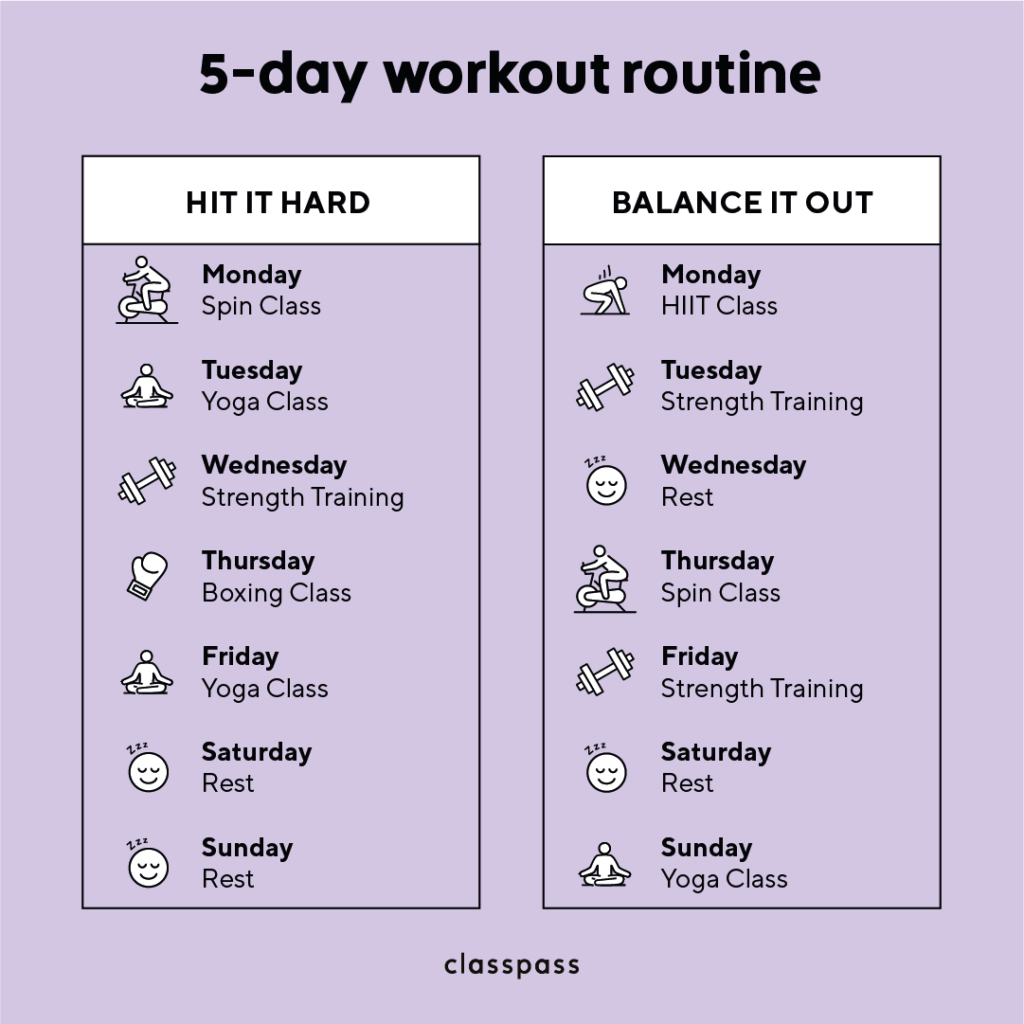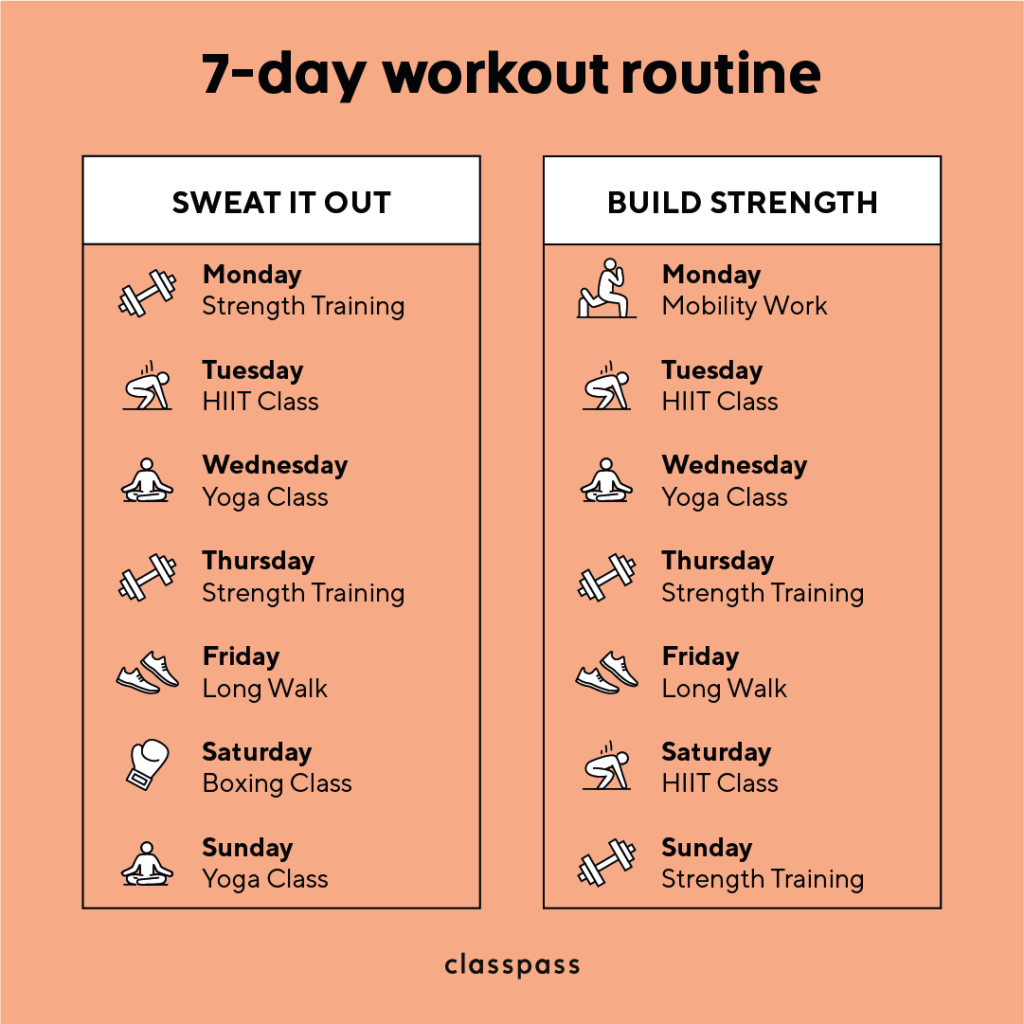Effective Daily Working Routine: Boost Productivity and Achieve Work-Life Balance
In today’s fast-paced world, having an effective working routine is essential for maximizing productivity, reducing stress, and achieving your goals. Whether you are a working professional, a student, or managing a household, a well-planned routine can streamline your tasks and help you get more done in less time. In this blog post, we’ll cover everything you need to know about building a successful working routine. From creating good work habits and daily schedules to understanding legal routines, fitness planning, and pregnancy preparation, let’s dive into the secrets of mastering your day.

Good Work Routines
A good work routine is all about consistency and effective time management. It helps you maintain focus and reduce stress, working routine ultimately leading to better results. Here are some proven strategies to help you build a productive work routine:
1. Plan Your Day:
Planning your day gives you a clear vision of working routine your goals and tasks. Use tools like Google Calendar or a daily planner to list out tasks in order of priority. This helps you stay on track and avoid procrastination.
2. Establish a Morning Routine:
Your morning sets the tone for the rest of the day. Start your day with healthy habits such as stretching, a balanced breakfast, meditation, or reading a motivational book. This boosts your energy and keeps you motivated.
3. Use the 80/20 Rule:
The Pareto Principle, or 80/20 rule, working routine suggests that 80% of your results come from 20% of your efforts. Identify high-impact tasks and prioritize them. Focus on activities that bring the most significant results.
4. Take Regular Breaks:
Working continuously without breaks working routine can lead to burnout. Use the Pomodoro Technique, which involves working for 25 minutes followed by a 5-minute break. This method helps maintain focus and increases productivity.
5. Review and Reflect Daily:
End your day with a brief review of what working routine you accomplished. Reflect on your progress and adjust your plans for the next day. This helps you learn from your experiences and continuously improve.
A balanced daily schedule helps you maximize your time and energy. Here’s a simple structure you can follow to create an effective daily routine:
Morning (6 AM – 9 AM): Set the Foundation for Your Day
- Wake up early to give yourself a head start.
- Start with light exercise or meditation to boost your energy levels.
- Enjoy a healthy breakfast to fuel your body and mind.
- Spend 10-15 minutes planning your tasks for the day.
Mid-Morning (9 AM – 12 PM): Focus on High-Priority Tasks
- Work on your most important tasks when your concentration levels peak.
- Minimize distractions and create a focused work environment.
- Use productivity tools like task managers or time trackers to stay on track.
Afternoon (12 PM – 3 PM): Manage Routine Tasks
- After lunch, focus on less intensive tasks like replying to emails, scheduling meetings, or organizing documents.
- Take a short walk or break to refresh your mind and body.
Evening (3 PM – 6 PM): Wind Down and Reflect

- Finish any remaining tasks and prepare a to-do list for the next day.
- Reflect on your achievements and areas for improvement.
Night (6 PM – 10 PM): Relax and Recharge
- Engage in activities that help you relax, such as reading, spending time with loved ones, or enjoying a hobby.
- Avoid screens and heavy meals before bedtime to ensure a good night’s sleep.
What is Routine Legal Work?
Routine legal work involves standard, repetitive tasks performed regularly by legal professionals. These tasks are essential for maintaining efficient legal services and ensuring compliance with legal standards. Here are some examples of routine legal work:
1. Document Drafting:
Legal professionals often prepare documents working routine like contracts, agreements, and legal notices as part of their regular duties.
2. Conducting Legal Research:
Researching laws, precedents, and legal cases is a key part of a lawyer’s daily routine. This helps them build strong arguments and provide accurate advice.
3. Client Communication:
Communicating with clients is a fundamental part of routine legal work. Lawyers provide updates, answer questions, and give guidance to their clients regularly.
4. Record Keeping and Filing:
Maintaining organized records of legal documents, working routine client files, and case histories is crucial for legal compliance and efficient case management.
5. Court Appearances for Minor Cases:
Lawyers often handle routine court appearances for procedural matters, minor hearings, or initial consultations.
Routine legal work ensures that all basic legal tasks are handled effectively, allowing lawyers to focus on more complex cases.

How Long Should Your Workout Routine Be Before Getting Pregnant?
A well-planned workout routine is essential for preparing your body for pregnancy. Regular exercise improves your overall health, boosts fertility, and makes pregnancy smoother. Here’s what you need to know about fitness before pregnancy:
1. Start 3-6 Months Before Planning to Conceive:
If you are planning to get pregnant, start your workout routine at least three to six months before. This helps improve your physical fitness and stamina.
2. Balance Your Exercises:
Incorporate a variety of exercises, including cardio, strength training, and flexibility workouts. Cardio activities like brisk walking, swimming, and cycling are great for heart health, while strength training helps build muscle tone.
3. Keep It Moderate:
Avoid high-intensity workouts that might strain your body. Stick to moderate-intensity exercises to maintain your fitness without overexerting yourself.
4. Consult a Healthcare Provider:
Always check with a doctor before starting a new workout routine, especially if you’re planning for pregnancy. They can guide you on safe exercises based on your health condition.
5. Include Relaxation Techniques:
Yoga and meditation can help reduce stress and enhance your mental well-being, which is crucial when preparing for pregnancy.

5. How to Make a Routine
Creating a routine is about developing habits that align with your goals. Here’s how to build a routine that works for you:
1. Set Clear Goals:
Identify what you want to achieve. Setting specific, measurable goals will give your routine direction and purpose.
2. Prioritize Your Tasks:
Focus on what matters most. Create a list of tasks and rank them based on their importance and urgency.
3. Break Down Large Tasks:
Divide big tasks into smaller, manageable steps. This makes them less overwhelming and easier to complete.
4. Be Consistent:
Consistency is key to forming a habit. Stick to your routine for at least 21-30 days to make it part of your daily life.
5. Adjust as Needed:
Be flexible and willing to adjust your routine as your needs change. Adaptation is essential for long-term success.
6. How to Improve Your Daily Routine
Enhancing your daily routine is about making small, practical changes that yield big results. Here are some tips to help you make your routine better:
1. Incorporate Self-Care Activities:
Make time for self-care activities like exercise, meditation, or hobbies. Taking care of yourself boosts productivity and well-being.
2. Use Time-Blocking:
Allocate specific time slots for tasks to improve focus and reduce multitasking. Time-blocking helps you manage your day effectively.
3. Reduce Screen Time:
Limit your social media usage to specific times. This reduces distractions and increases productivity.
4. Practice Gratitude:
Start your day by writing down things you’re grateful for. This simple habit can help improve your mood and mental outlook.
5. Get Enough Sleep:
Ensure you get 7-8 hours of quality sleep each night. Proper rest is vital for maintaining energy and focus throughout the day.

Conclusion
A well-structured working routine can transform your daily life, helping you achieve your goals and reduce stress. By planning your day, prioritizing tasks, and making time for self-care, you can build a productive and fulfilling lifestyle. Remember, it’s about progress, not perfection. Start small, be consistent, and keep refining your routine.
Key Takeaways:
- Plan your day and prioritize tasks effectively.
- Balance work with relaxation and self-care activities.
- Stay consistent but be open to adjustments.
- Aim for continuous improvement to make your routine more effective.
What is the best way to start a working routine?
The best way to start a working routine is by setting clear goals and planning your tasks in advance. Begin your day with a morning routine that includes activities like exercise, a healthy breakfast, and a few minutes of meditation or reflection. Use tools like a daily planner or task manager to outline your priorities, and stick to a consistent schedule. Remember, consistency and a positive mindset are key to building a successful working routine
How can I improve my daily work routine for better productivity?
To improve your daily work routine, focus on time management and task prioritization. Use techniques like time-blocking or the Pomodoro Technique to manage your time effectively. Take regular breaks to recharge and avoid multitasking, which can decrease efficiency. Incorporate self-care activities, like exercise or short walks, to keep your energy levels high. At the end of the day, review your tasks and plan for the next day to stay organized.
How long does it take to form a new routine?
It typically takes about 21 to 30 days to form a new habit or routine, but this can vary depending on the complexity of the routine and your individual commitment. The key is consistency. Stick to your new schedule every day, even on weekends or days off, to reinforce the habit. Be patient with yourself and make adjustments as needed to suit your personal needs and preferences.
What should I include in a morning work routine for maximum productivity?
A productive morning work routine should include activities that boost your mental and physical energy. Start with stretching or light exercise to wake up your body. Have a healthy breakfast to fuel your brain, and spend a few minutes planning your tasks for the day. Avoid checking emails or social media first thing in the morning, as it can lead to distractions. Instead, focus on high-priority tasks during the first few hours of your day when your concentration is at its peak
How can I maintain a balanced routine when working from home?
Maintaining a balanced routine while working from home can be challenging, but it’s possible with good planning. Set a clear work schedule and designate a specific workspace to help you stay focused. Take regular breaks and step away from your desk to prevent burnout. Set boundaries to separate work time from personal time. Make sure to include time for exercise, meals, and self-care activities in your daily schedule to keep both your mind and body healthy.






